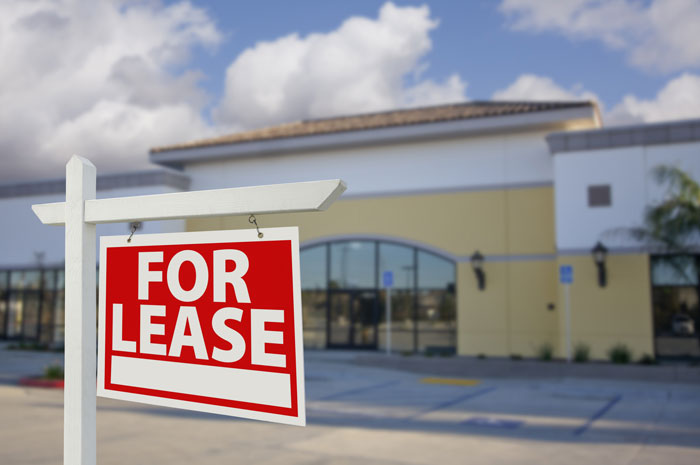
We’ve all been faced with this situation: you’re driving home, you’re busy and tired, and you still need to pick up dinner. Your favorite sandwich shop is miles across town – and you’re simply not willing to face traffic. So you pick somewhere close and convenient. In this instance, no matter how many times it happens, you provided a company with business because of their location – and they served you because it was on your route. It might not have been your favorite place to eat, but the pros still outweighed the cons; both sides benefited from the situation.
This is a regular occurrence among franchises of all kinds. Food, service-based and more. Which tells us something very important: location matters. Where you build or lease your company can affect business, and more importantly, income.
In order to make the most out of your franchise location, before signing papers remember to check:
1. Traffic Flow
How much traffic does the area get? Is there congestion? Will people be more likely to take another route to avoid a stop sign or light? Is there potential for regular road construction? Check out the area thoroughly and see just how much traffic might have the ability to affect (and hopefully improve) your monthly sales. Check with the local City Planning or Public Works office and ask them for current traffic counts for the roads near your proposed location. Also ask them about future plans for road construction or other future construction in the area that will impact your business — either positively or negatively.
2. New Builds
If you’re in a new area of town, look into the areas around you to see if and when there might be new construction taking place. Not only is it unsightly, it can block off entrances and exits, and create some difficulties when entering or leaving your facilities. You also don’t want to run the risk of neighboring any potential rivals that might take away customers.
3. Logistics
Are the bathrooms big enough? Is there enough standing space? If you were to enter into this business, what amenities would you like? And are they met? Approaching a building from a customer’s point of view vs. a business owner can bring on a different set of questions, and can greatly affect the overall experience once construction is complete.
4. Price
Obviously this is a factor, but keep in mind that cheaper isn’t always better, and more expensive doesn’t always mean better. Shop around and check in on landlords’ history before signing a contract. You just might save yourself some serious grief. If you have narrowed down your lease options – talk with the tenants in the current space to see how they feel about the landlord.
5. Know the Rules
Commercial properties come with far more rules and regulations than in residential areas. Some of which will be put into place by the landlord or building representation, while others will be put into place by the city. Understand what you’re signing to (or against) and eliminate any penalty fees down the line. You can also negotiate to your advantage – making it so that rent won’t rise, and so on.
6. Local Offerings
Now it’s time to determine what type of workforce is available nearby – as well as sales tax, or other zoning issues. Large cities are often broken up into zones or zip codes (splitting right in the middle of town). Know which ones pertain to your address, and what differences it might mean. The same goes for competition in the area – where they’re located and how much business they’re pulling in, and so on.
7. What’s Hiding?
Chances are you’ll need to update or upgrade the building when signing (or buying), and it’s important to know how much it’s going to cost you. Check to see if buildings are up to code, what type of capabilities and adaptations they allow for, and more. As well as how many of those updates will be on your dime.
There’s plenty to look into when choosing a business location. To avoid surprises or hidden fees, remember to check out each of these areas. Not only do they provide a thorough understanding of what you’re getting into, they can help you to become a better informed franchisee.
